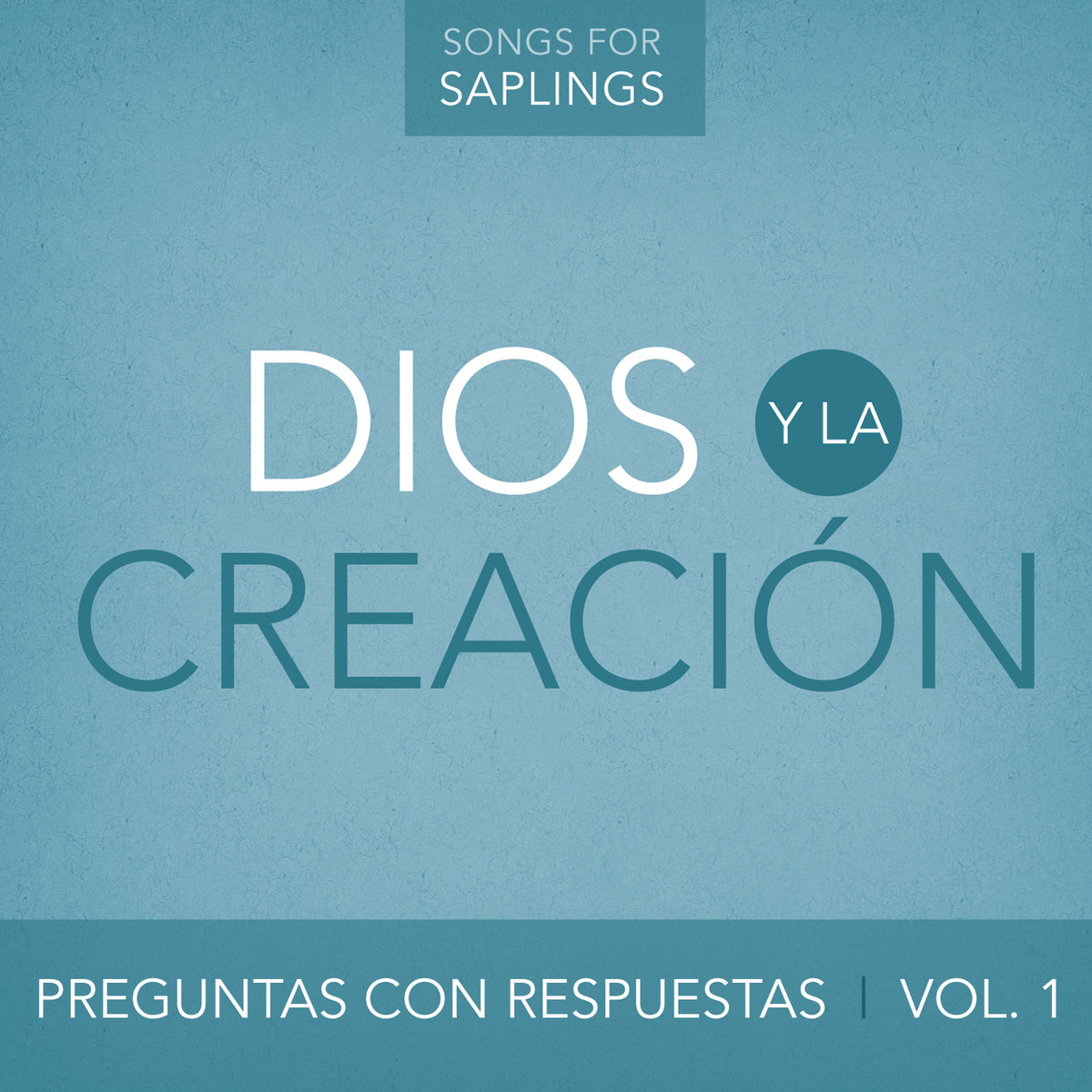
to be elected at the age required by law ( lex Villia annalis): suo (legitimo) anno creari (opp.

to be elected unanimousl: omnes centurias ferre or omnium suffragiis, cunctis centuriis creari.to be chosen consul at the elections: comitiis consulem creari.to endanger, imperil a person or thing: alicui periculum creare, conflare.God made the world: deus mundum aedificavit, fabricatus est, effecit (not creavit).Carl Meißner Henry William Auden (1894) Latin Phrase-Book, London: Macmillan and Co.creo in Gaffiot, Félix (1934) Dictionnaire illustré latin-français, Hachette.Lewis (1891) An Elementary Latin Dictionary, New York: Harper & Brothers Lewis and Charles Short (1879) A Latin Dictionary, Oxford: Clarendon Press → Middle English: createn ( see there for further descendants).

→ French: créer ( see there for further descendants).Sardinian: criai ( Campidanese ), criare ( Logudorese ).The sigmatic future is generally ascribed a future or future perfect meaning, while the sigmatic aorist expresses a possible desire ("might want to"). Synonyms: prōcreō, genō, gignō, suscipiō, ēdō, cōnītor, ēnītor, pariō, prōdō, efficiōĬonjugation Conjugation of creō ( first conjugation)Ĭreātus + present active indicative of sumĬreātus + imperfect active indicative of sumĬreātus + future active indicative of sumĬreātus + present active subjunctive of sumĬreātus + imperfect active subjunctive of sumġAt least one use of the archaic "sigmatic future" and "sigmatic aorist" tenses is attested, which are used by Old Latin writers most notably Plautus and Terence. ( figurative, poetic ) : I beget, give birth to.I choose, elect Synonyms: adoptō, optō, dēligō, ēligō, dēstinō, dēsūmō, legō, sūmō, capiō.I give existence to, I form out of nihility or out of other materials: I create, I make, I produce, I originate (transitively).( Ecclesiastical ) IPA ( key): /ˈkre.o/, Ĭreō ( present infinitive creāre, perfect active creāvī, supine creātum) first conjugation.c'ero, cero, cerò, core, ocre, reco, recòįrom Proto-Italic *krēāō ( “ to make grow ” ), from Proto-Indo-European *ḱer- ( “ to grow, become bigger ” ), also the root of crēscō.first-person singular present indicative of creare.


Subject pronoun usage in Romance null-subject languages is often presented as a general, binary, language-wide phenomenon conditioned e.g. At CREO we Believe that every Property is Unique so we provide you.


 0 kommentar(er)
0 kommentar(er)
